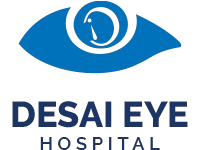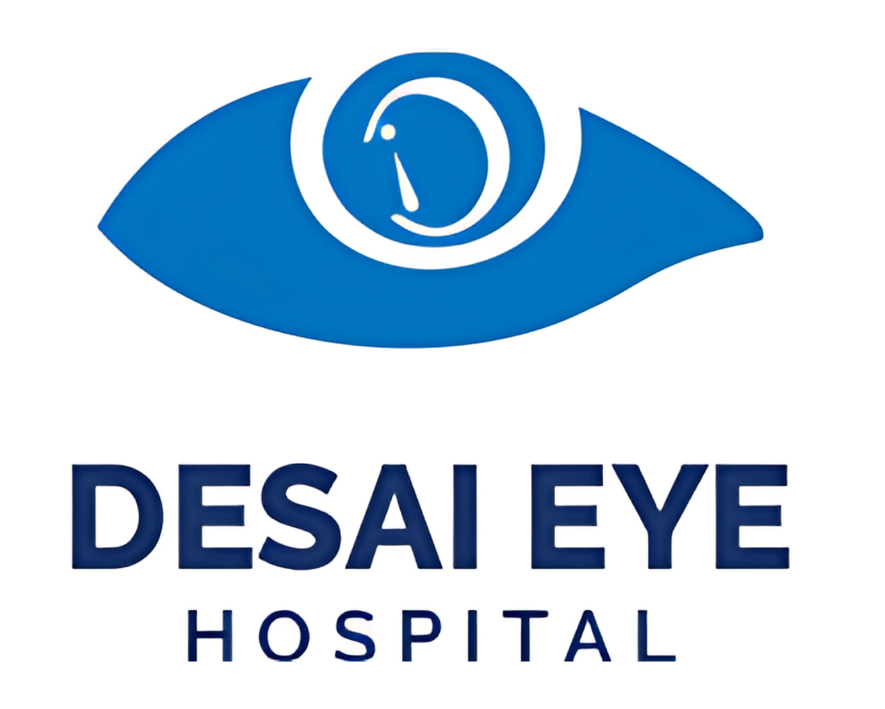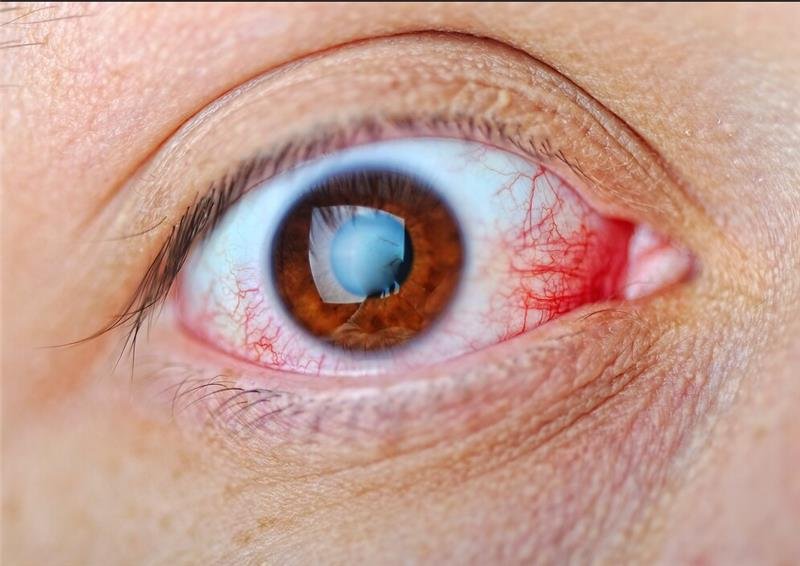Acanthamoeba Keratitis is a rare but serious eye infection that primarily affects contact lens users who come into contact with contaminated water. With summer increasing swimming, outdoor activities, and exposure to untreated pools, lakes, and seawater, the risk of infection rises—especially for those who neglect proper lens hygiene.
Unlike common eye infections, Acanthamoeba Keratitis is caused by a microscopic, free-living amoeba in soil and water. The parasite can invade the cornea when lenses are rinsed with tap water or worn while swimming. Although rare, this infection can lead to permanent vision loss or blindness if not diagnosed and treated in time.
Not Just a Lens-Wearer’s Problem
Though contact lens wearers face the highest risk, individuals with corneal trauma—such as a scratch or injury—who expose their eyes to unclean water can also develop this infection.
How It Spreads
- Using tap water, saliva, or homemade solutions to clean lenses.
- Swimming or bathing while wearing contact lenses.
- Poor hygiene habits, such as not washing hands before touching lenses.
Many cases are misdiagnosed as other forms of keratitis or conjunctivitis. Delayed diagnosis can severely impact treatment outcomes.
Recognizing the Symptoms
- Severe eye pain (often more intense than clinical signs suggest)
- Redness, light sensitivity, blurred vision
- Feeling of something in the eye (foreign body sensation)
- Excessive tearing
Diagnosis and Long-Term Treatment
Accurate diagnosis may require advanced tests like confocal microscopy or corneal scraping. Treatment typically involves prolonged use of anti-amoebic eye drops, sometimes paired with oral medications. In severe cases, a corneal transplant may be necessary.
What Not to Do
- Avoid using steroid-based eye drops unless prescribed. Steroids can worsen the infection by suppressing the immune response.
Preventive Measures
- Never clean contact lenses with tap water or saliva.
- Remove lenses before swimming or showering.
- Follow proper hygiene: wash hands and use approved lens cleaning solutions.
- Replace lens cases regularly and avoid overuse of daily lenses.
We specialize in managing complex infections like Acanthamoeba Keratitis at Desai Eye Hospital. Whether you need a Cornea Specialist in Vadodara, Best Eye Doctor in Vadodara, or access to the Top Retina Care in Vadodara, we are equipped with advanced diagnostic tools and expertise. Our hospital is home to the Best Cataract Surgeon in Vadodara, provides the Best Glaucoma Treatment in Vadodara, and ranks among the Top 10 Eye Surgeons in Gujarat and the Best Eye Hospitals in Vadodara.
We’re available 24/7 to protect your vision.
Contact Us for Immediate Care
- Phone: 0265-2980298
- Email: info@desaieyehospitals.com
- Location: Desai Eye Hospital, 2nd Floor, Sakar East Complex, Opp. Bansal Mall, Vadodara, Gujarat 390004
- Social Media: Facebook | Instagram | Twitter (X): Desai Eye Hospital
Don’t wait until it’s too late—protect your eyes from hidden summer dangers with expert care at Desai Eye Hospital.


